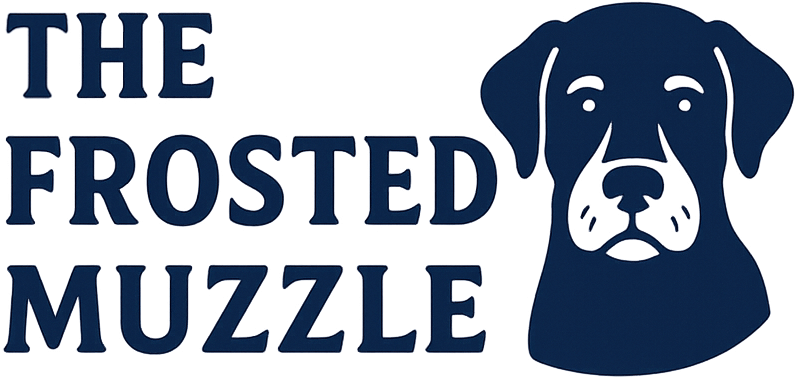Table of Contents
Just as in humans, dementia can affect our beloved dogs in their senior years. Canine Cognitive Dysfunction (CCD) is a disease prevalent in dogs that display symptoms similar to Alzheimer's in humans. Early detection can make a significant difference in managing this condition, helping your senior pooch enjoy a quality life in their twilight years. This guide delineate the early warning signs of dementia in dogs and offer actionable advice on what you can do.
What is Canine Cognitive Dysfunction?
Canine Cognitive Dysfunction (CCD), or dog dementia, is a degenerative brain condition in which dogs showcase a decline in their mental abilities and behavioral changes over time. It's believed to be caused by protein plaques called beta-amyloid, similar to those found in Alzheimer's patients [1].
Early Warning Signs of Dementia in Dogs
The early signs of dementia in dogs are often subtle and can be easily missed. Here's what to watch out for:
- Changes in Sleep Patterns: You may find your dog experiencing sleep disturbances, often sleeping during the day and being restless at night [2].
- Increased Anxiety: CCD can trigger anxiety in dogs, which may become apparent through increased aggression, fearfulness, or neediness [3].
- Inability to Recognize Familiar People and Places: Your dog may start to forget things they once knew, including familiar faces and routes to and from home.
- Potty Accidents Indoor: Potty-trained dogs may start having accidents indoors as disorientation and forgetfulness set in [2].
- Decreased Interest in Activities: Dogs suffering from CCD might lose interest in their toys, walks, or other activities they once enjoyed [4].
When to See a Vet
If you observe any of these early warning signs in your pet, it's crucial to seek veterinary attention. Early detection can lead to more effective treatment, which can considerably improve your pet's quality of life.
Understanding Diagnosis
Diagnosing CCD isn't straightforward as symptoms can overlap with other age-related health conditions. Veterinarians typically rely on behavioral changes and eliminatory processes to rule out other issues before concluding CCD [1].
Treatment Options
While CCD has no cure, different treatments can help manage symptoms and provide your dog with a comfortable life. These may include a specialized diet, medications such as Selegiline [5], or cognitive therapies including brain games and exercises [6].
Supporting Your Senior Dog At Home
Beyond medical and dietary interventions, providing a nurturing environment at home can significantly help a dog coping with CCD. Ensure they feel comfortable and secure, maintain a routine, and offer lots of love and patience [7].
Conclusion
Navigating dementia in a beloved pet can be challenging, but your watchful eye and proactive measures can help manage the symptoms. If you observe any worrying behavior changes in your senior dog, don't hesitate to seek veterinary advice.
Sources & Further Reading
- American Kennel Club - Canine Cognitive Dysfunction
- ASPCA - Cognitive Dysfunction Syndrome
- Journal of Veterinary Behavior - Behavioral and psychological characteristics of canine cognitive dysfunction syndrome
- Veterinary Clinics: Small Animal Practice - Cognitive Dysfunction in Dogs
- Cornell University College of Veterinary Medicine - Pharmacologic Treatment Options for Cognitive Dysfunction Syndrome in Dogs
- International Psychogeriatrics - Environmental Enrichment and Brain Repair
- Journal of Veterinary Behavior - Behavioral Rehabilitation for Geriatric Dogs

